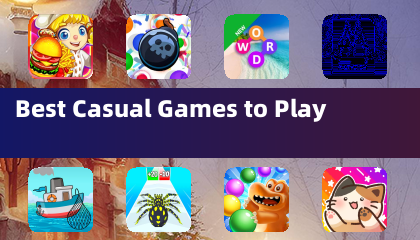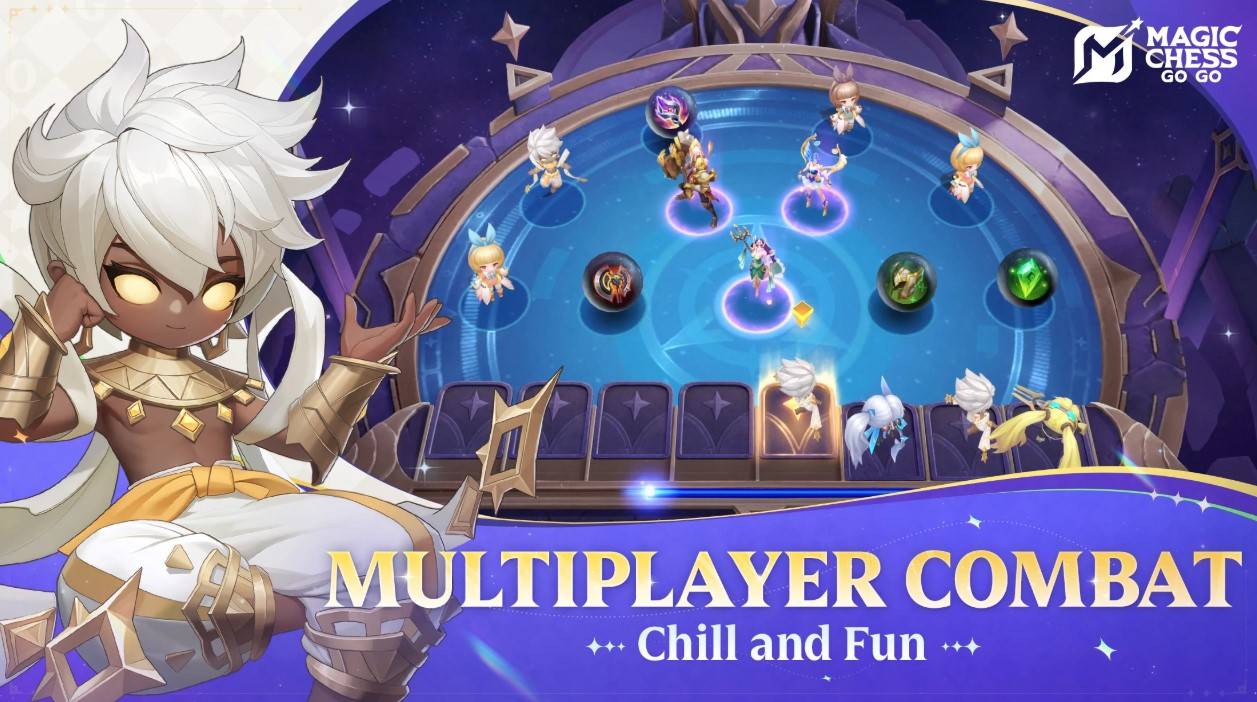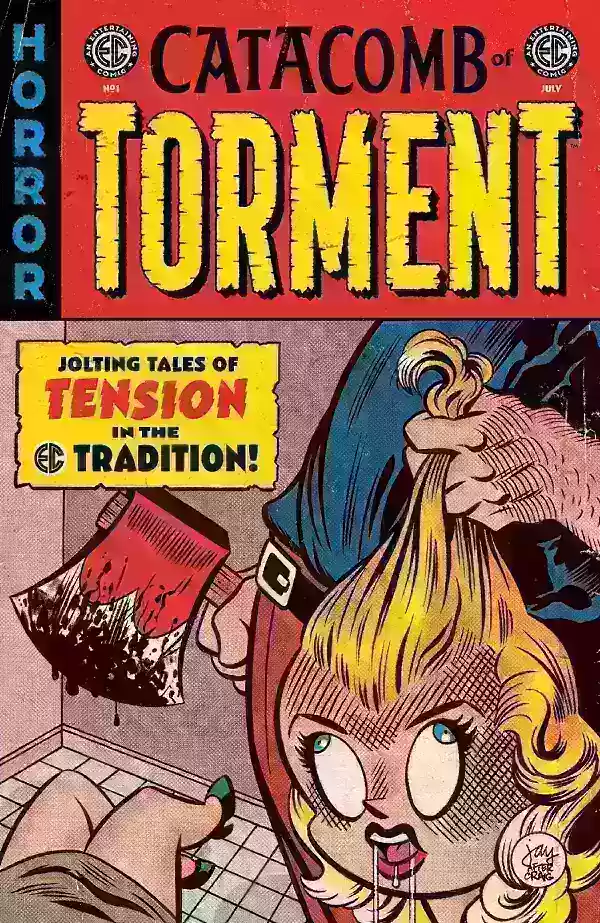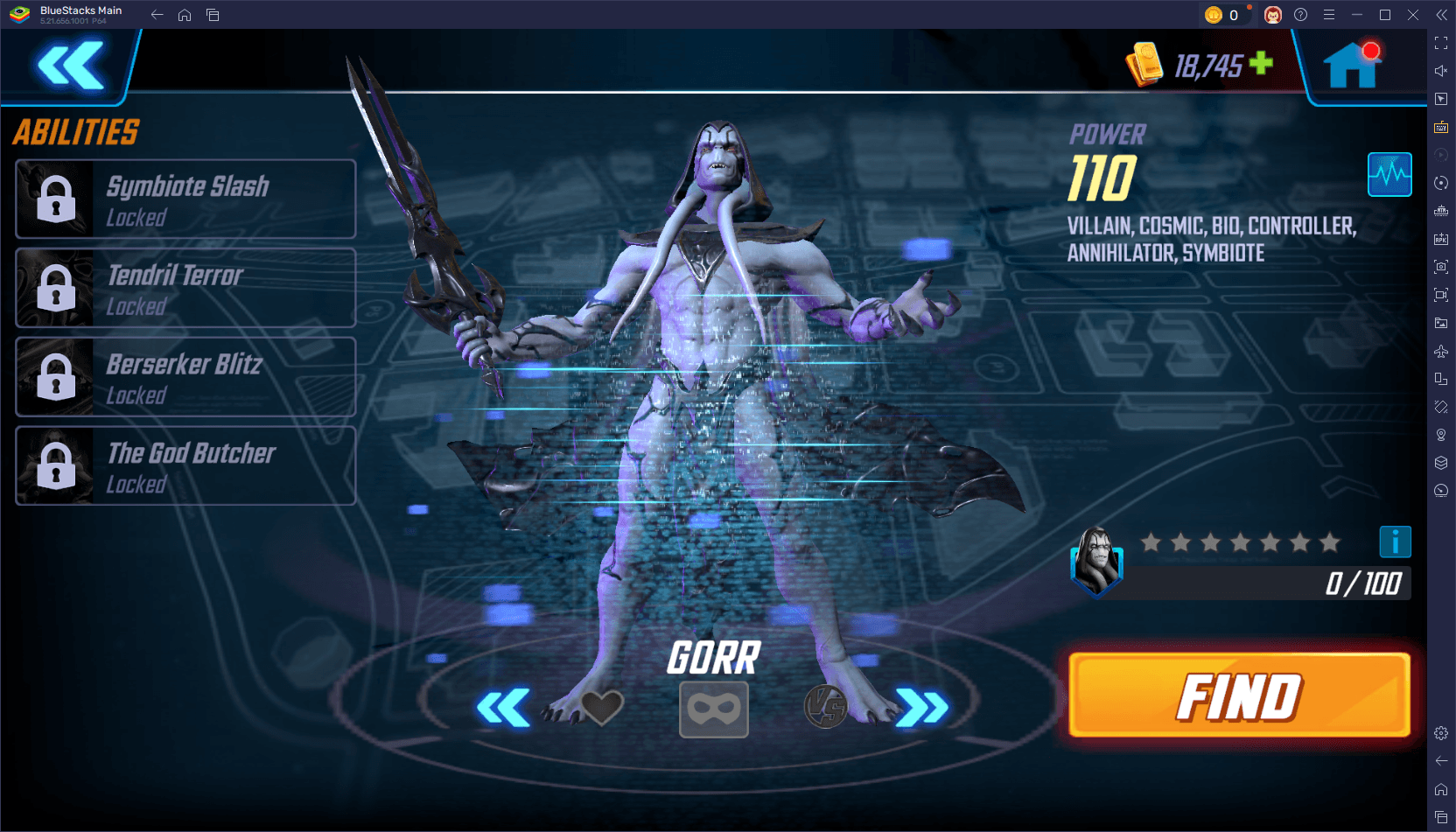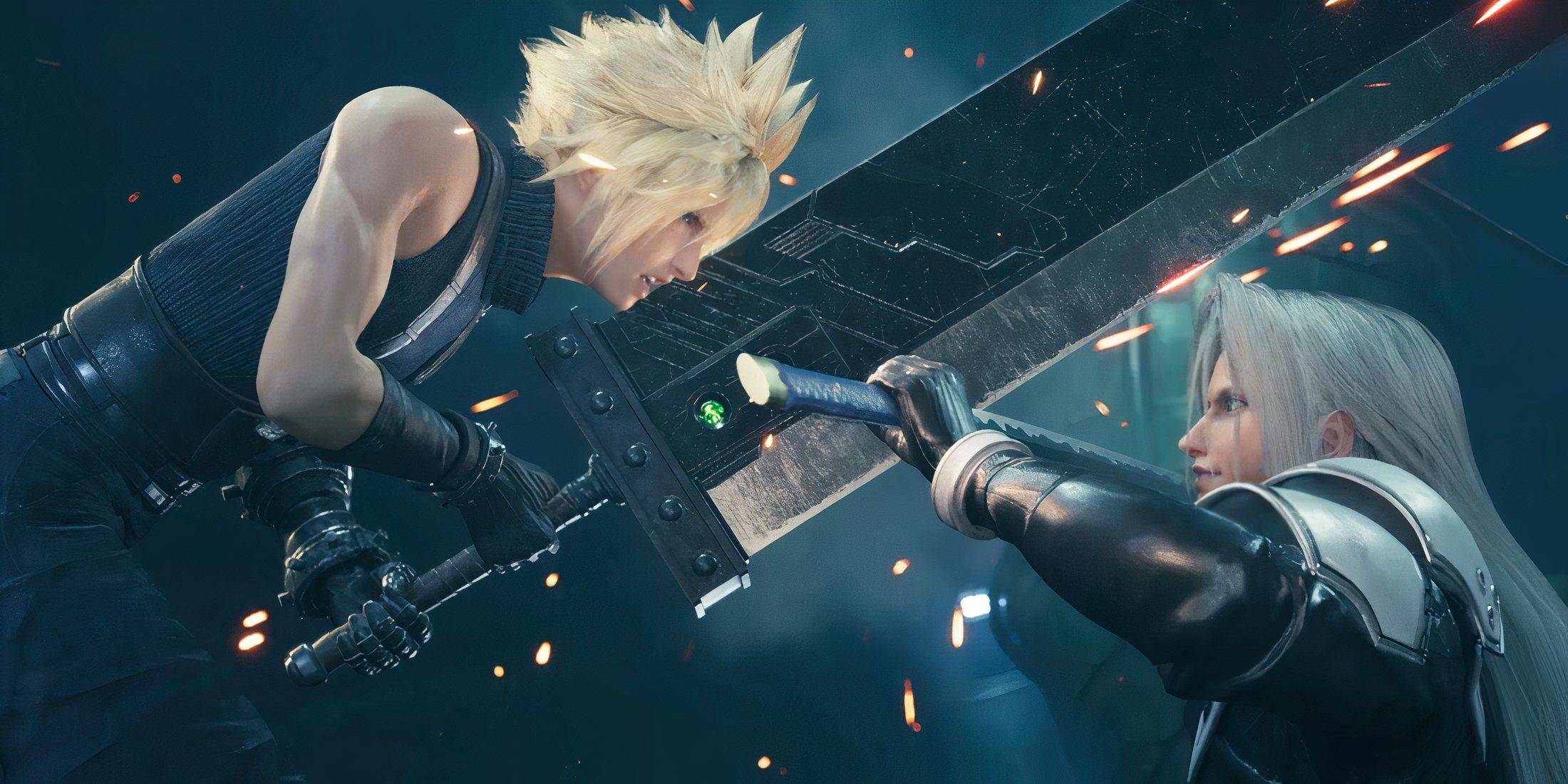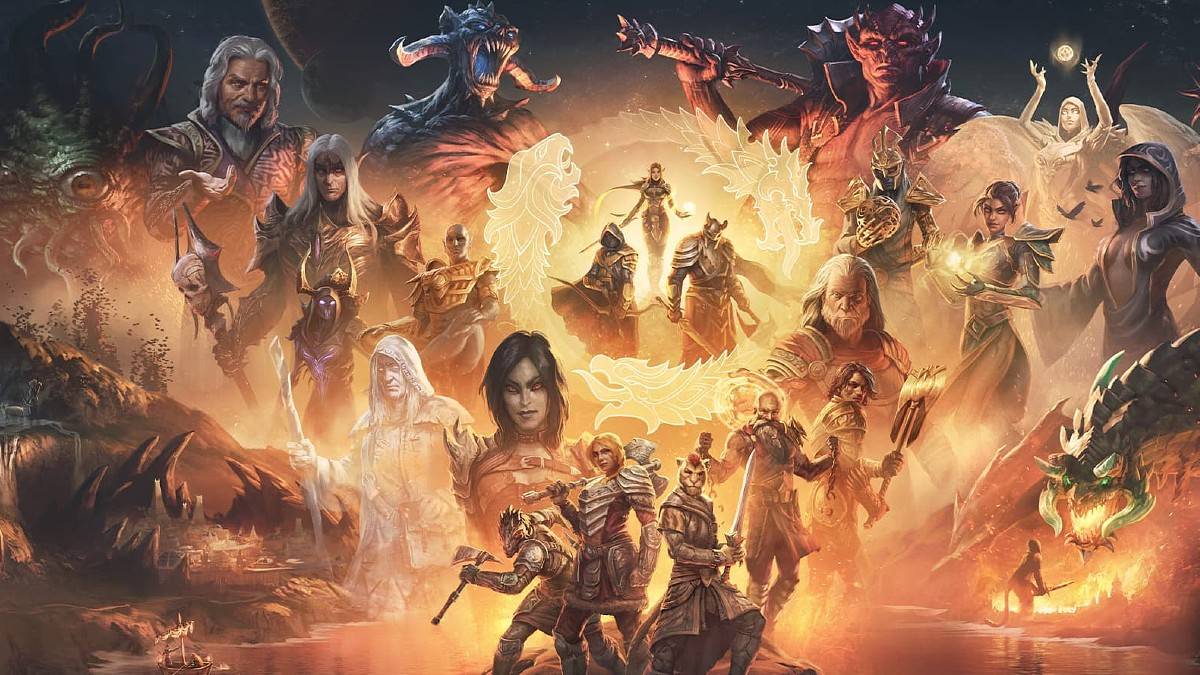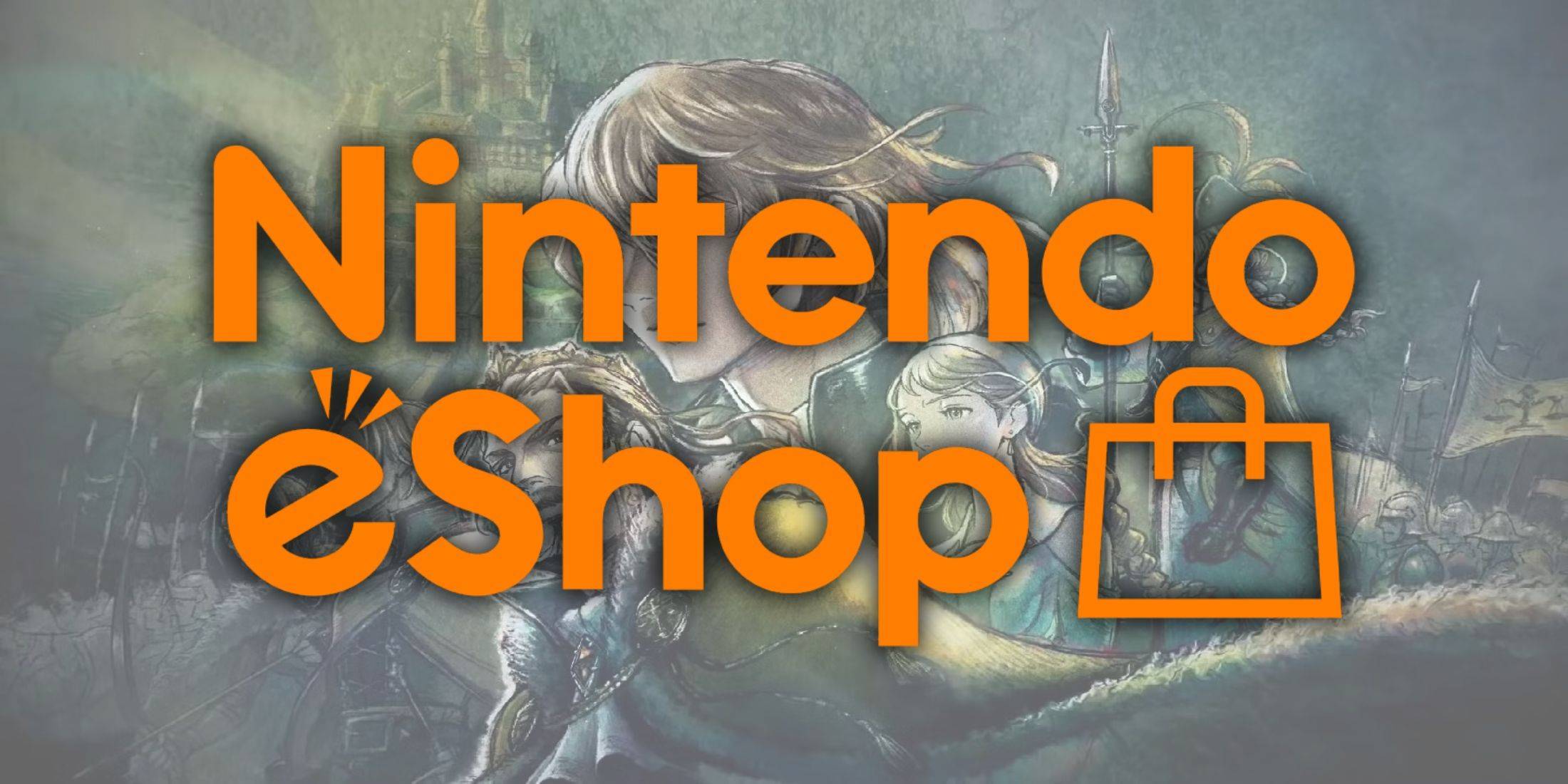
Summary
- Triangle Strategy has returned to the Nintendo Switch eShop after a brief delisting, much to the delight of RPG enthusiasts.
- The game's temporary removal may have been due to Square Enix recently acquiring the publishing rights from Nintendo.
Handheld RPG aficionados have a reason to celebrate as Square Enix's acclaimed title, Triangle Strategy, is once again available for purchase on the Nintendo Switch eShop. After a short hiatus, fans can now easily download and enjoy this tactical RPG without any hiccups.
Triangle Strategy has been celebrated for bringing back the essence of classic tactical RPG gameplay from Square Enix. This high-profile release has drawn comparisons to other renowned tactical RPG series like Fire Emblem, emphasizing strategic unit positioning to optimize combat effectiveness.
Fortunately, after a brief absence, Triangle Strategy is back on the Nintendo Switch eShop. The company announced this via a tweet, although no official explanation was provided for the delisting. Speculation points towards Square Enix's recent acquisition of the publishing rights from Nintendo, who initially published the game on the console.
Triangle Strategy Reappears On The Switch eShop After A Brief Hiatus
This isn't the first instance of a Square Enix game being temporarily removed from the eShop; last year, the popular JRPG Octopath Traveler experienced a similar situation. However, Triangle Strategy's return was much swifter, with the game reappearing after just four days, compared to Octopath Traveler's several-week absence.
The reappearance of Triangle Strategy is undoubtedly welcome news for Nintendo fans eager to experience Square Enix's premier titles on their consoles. This event underscores the ongoing partnership between Square Enix and Nintendo. For instance, the Final Fantasy Pixel Remaster series initially debuted as a Nintendo Switch exclusive before expanding to other platforms, highlighting the long-standing relationship between the two companies.
Square Enix's tradition of launching console-exclusive games traces back to the original Final Fantasy on the NES. Although their titles have since diversified across various platforms, this practice persists. Notable examples include Final Fantasy 7 Rebirth, exclusive to the PlayStation 5, and the definitive version of Dragon Quest 11, which launched exclusively on the Nintendo Switch.



